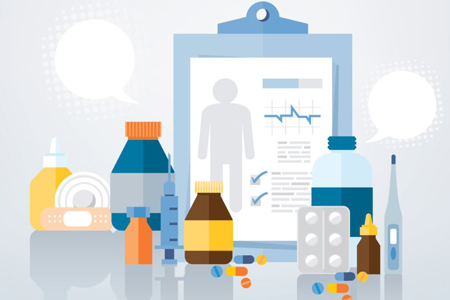AIFA: latest indications for "remote" clinical trials during the COVID-19 health emergency
 On April 7, 2020, the Italian Medicines Agency (“AIFA”) provided guidance on the management of clinical trials in light of the restrictive measures adopted by the Government against the COVID-19 pandemic.
On April 7, 2020, the Italian Medicines Agency (“AIFA”) provided guidance on the management of clinical trials in light of the restrictive measures adopted by the Government against the COVID-19 pandemic.
These guidelines update AIFA’s previous communication of March 12, 2020 and provide clarifications on:
- technical modalities for the communications to be sent to AIFA (e.g. modalities for filing of requests for authorization to conduct clinical trials and relevant substantive amendments); and
- possibility for investigators and sponsors to take exceptional measures in order to limit the movement of patients involved in clinical trials, by promoting forms of “remote” participation to clinical trials, in compliance with the containment and social distancing measures introduced to face COVID-19.
1. Home health care activities
AIFA promotes the adoption of alternative measures for the management of patients, such as the possibility to carry out home health care activities, at the patient’s home. Such activities may include both clinical procedures that cannot be performed otherwise (e.g. vital signs collection, adverse events) as well as the administration of non-self-administered therapies (e.g. infusions).
The Promoter/CRO may stipulate agreements with specialized third party companies for the performance of the abovementioned activities.
2. Delivery of investigational drugs and patient monitoring: alternative modalities
The current legislation (Ministerial Decree of December 21, 2007) provides that investigational drugs shall be sent by the Promoter/CRO to the pharmacy of the hospital where the trial is being conducted, which will provide the drugs to the investigator.
However, during the COVID-19 emergency, the following ways to delivery investigational drugs directly to patients’ home are also permitted:
- drugs delivery from the hospital pharmacy; and
- drugs delivery from the authorised warehouse where the investigational drug is stored.
Moreover, appropriate mechanisms for remote communication with patients must be in place so that all necessary information can be exchanged, for example by telephone or video calls.
In particular, AIFA suggests to (i) postpone patient visits or, if this is not possible, (ii) monitor patients remotely by telephone contact or by videoconferencing with the staff of the investigational site.
3. Processing of health data
In the context of the adoption of such exceptional measures described above, AIFA reminds that data controller shall always ensure the compliance with the rules established by the Regulation (EU) 2016/679 (General Data Protection Regulation – “GDPR”), Data Protection Code (Legislative Decree 196/2003 and subsequent amendments) as well as the Deontological Rules for data processing for statistical or scientific research purposes.
In particular, in case the trial centres (i.e. data controllers) entrust the performance of home health care activities to third party companies, AIFA suggests that the relations between these two subjects are regulated a written agreement to appoint the data processor, according to Article 28 of GDPR through.
